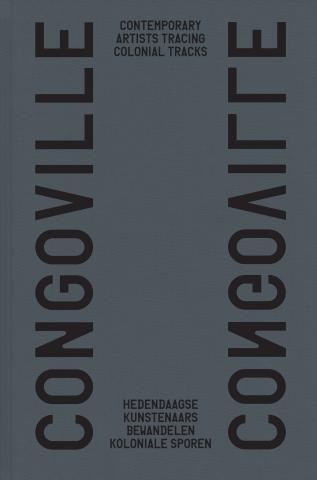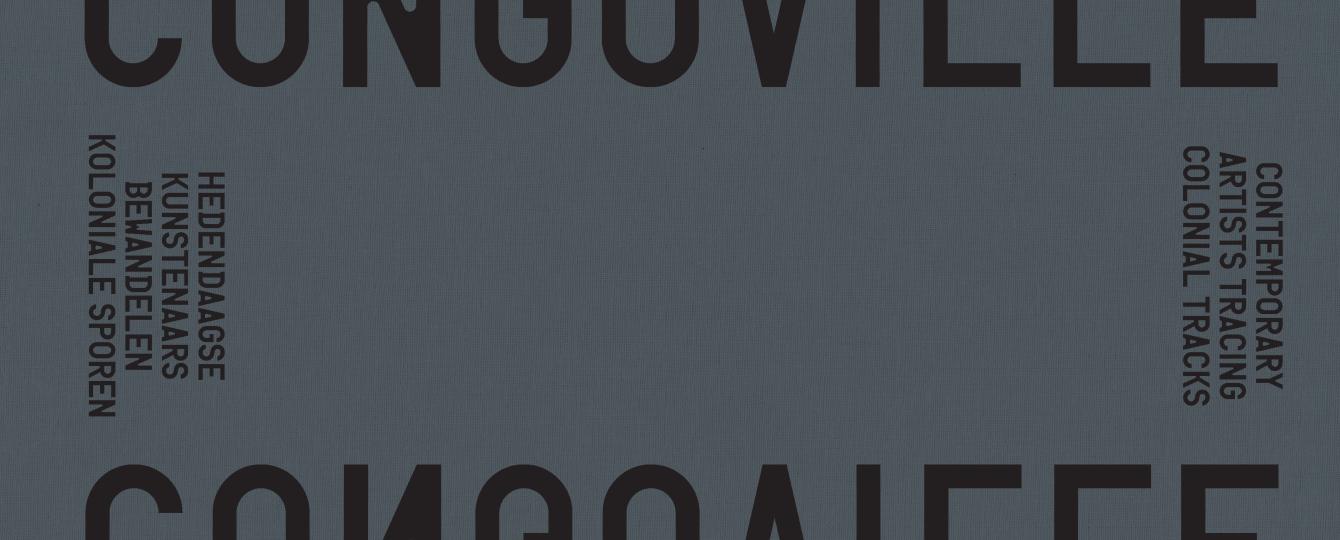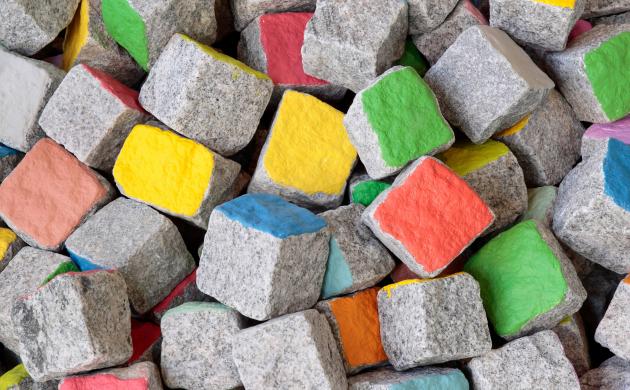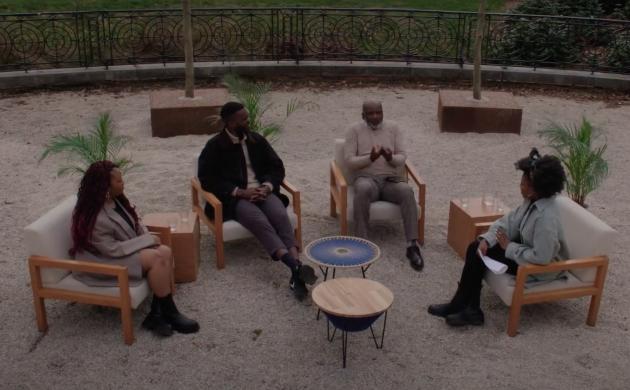Publication
Together with Leuven University Press, Middelheim Museum is publishing a book that is at the same time an exhibition catalogue and a reference work comprising artistic and academic contributions. Alongside interviews with the artists, this richly illustrated volume opens with the exhibition’s conceptual essay by curator Sandrine Colard, followed by texts exploring the postcolonial urban mirroring between Belgium and the Democratic Republic of the Congo, a reading of Belgian colonialism in light of Leopold Sedar Senghor and his Negritude philosophy, original historical research about Antwerp’s colonial college, as well as a reflection about resistance in historical writing about colonialism.
Authors: Sandrine Colard, Filip De Boeck, Nadia Yala Kisukidi, Bas De Roo, Sorana Munsya and Leonard Pongo.
Edited by Pieter Boons and guest editor Sandrine Colard
Monograph hardcover, 272 pages
ISBN: 978 94 6270 236 3
Dutch | English
Available in the museum shop or via Leuven University Press
29,50 euro
Download the free E-publication here

Book launch
A book launch discussion moderated by Middelheim Museum’s curator Pieter Boons gathers authors Sandrine Colard and Bas De Roo in conversation with historian and co-founder of Black History Month Belgium Aminata Ndow. Zooming in on selected quotes from each essay in the book, Aminata weaves the multiplicity of voices together and talks about embracing post-colonial ghosts who haunt the Congoville book and exhibition.
The conversation was set in the main auditorium of the former Belgian Colonial College. In addition to being one of the exhibition venues of Congoville, the occupation of the school as a space for the creation of future decolonial archives seeks to reverse its role as Belgian colonial spirit’s matrix into a springboard for its unlearning.





